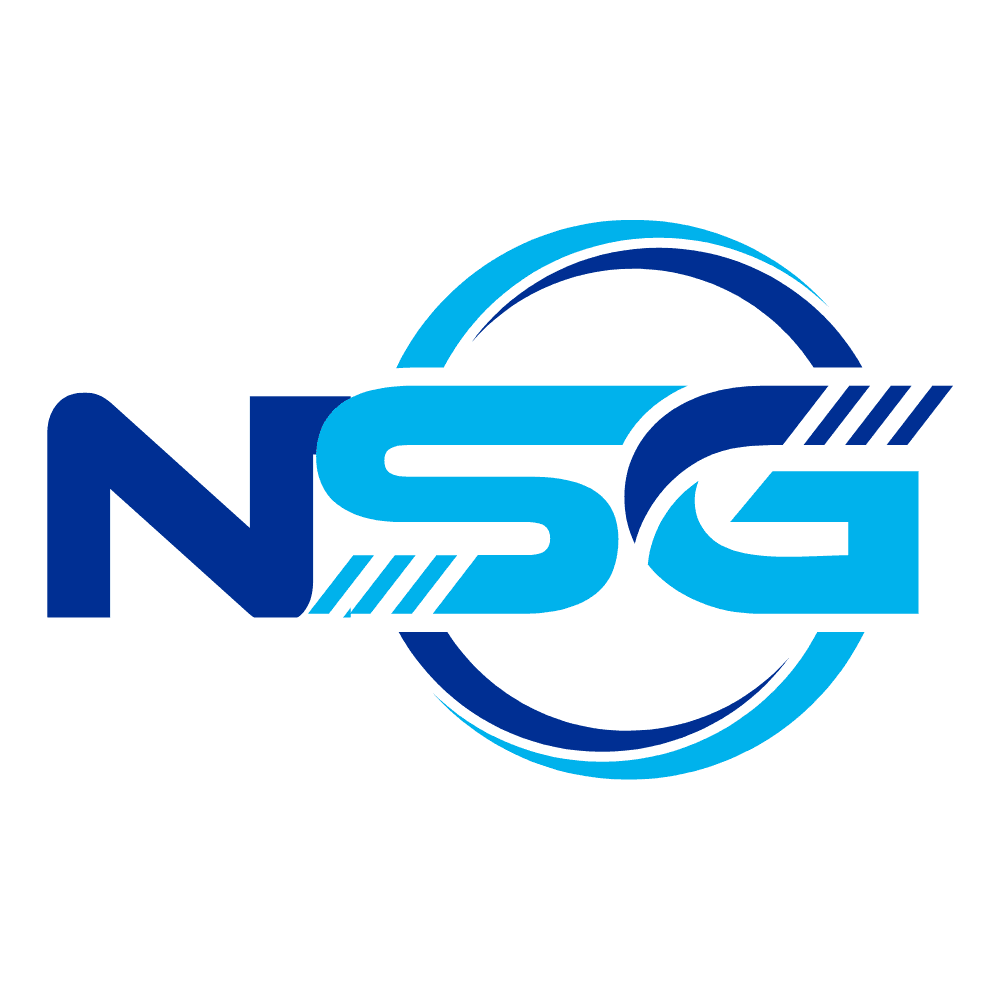I remember a time when finding information was a linear process: you’d type a question, get a list of links, and start clicking. It was the only way, and we accepted it. But lately, I’ve noticed a shift. My searches for simple facts turn into a maze of ads, listicles, and forums. It’s frustrating, and it feels like the “search” part of the process has become a chore.
This isn’t a problem with Google’s technology; it’s a problem with the fundamental philosophy of traditional search itself. But what if there was a better way? What if you could ask a question and get a single, clear, cited answer, just like talking to an expert?
That’s the promise of Perplexity AI.
As someone who relies on finding accurate information quickly for my work, I’ve personally put both Google and Perplexity through their paces. And what I’ve discovered is that the debate isn’t about which tool is “better,” but about which tool is the right partner for the task at hand. This is your guide to building a smarter, more efficient workflow that combines the best of both worlds.
Understanding the DNA: Indexer vs. Synthesizer
To truly understand how to use these tools, you need to grasp their core mission.

- Google Search is an Indexer. Its primary goal is to be the ultimate directory of the entire internet. It gives you a ranked list of links and trusts you to sift through them to find what you need. Its new AI Overviews are an attempt to be more direct, but they are still fundamentally tied to the “blue links” model. The problem, as many users have shared on platforms like Reddit, is that the results can feel cluttered and often miss the mark on complex or nuanced queries.
- Perplexity AI is a Synthesizer. Its mission is to be a conversational answer engine. It doesn’t give you a list of links; it gives you a concise, well-written summary and cites its sources directly within the answer. It’s built for those who want a verifiable answer, not a list of places to look for an answer.
This difference in design leads to two very different user experiences, and each excels in its own way.
Real-World Scenarios: Where Each Platform Shines (My Experience)
I’ve found that the best way to choose between Google and Perplexity is to think about the task you’re trying to accomplish. Here’s a look at how they perform in the trenches:
Scenario 1: The Quick, Citable Answer
My client asks me for a quick statistic on the latest AI market trends for a presentation. I need a source I can trust.
- Google Search: I type the query and get a list of news articles and research firms. I then have to click on each link, find the number, and cross-reference.
- Perplexity AI: I type the same query. In seconds, I get a clear, concise paragraph with the key data point, complete with embedded citations to sources like Reuters or The Verge.
Winner: Perplexity AI. It’s built for this. Its answer engine approach makes it the ultimate tool for rapid, fact-checked research, saving me valuable time and building my credibility.
Scenario 2: The Deep Dive
I’m starting a new research project on the history of generative AI and need to find a broad range of resources, including academic papers, blog posts, and videos.
- Google Search: Its vast index and powerful filters allow me to search for PDFs, videos, images, and news articles, providing a comprehensive overview of the topic.
- Perplexity AI: It will give me an excellent summary, but to find the full breadth of resources, I’ll still need to use Google’s index to explore different content formats.
Winner: Google Search. For deep, multi-faceted research, Google’s massive index of the web remains unmatched.
Scenario 3: The Local Search & The Trust Problem
I’m looking for the operating hours of a local cafe while I’m out and about.
- Google Search: Its deep integration with Google Maps and its Knowledge Graph makes it the undisputed king of local and real-time information. It gives me the hours, reviews, and a map instantly.
- Perplexity AI: While it can find the information, it often relies on less-direct sources and may not have the real-time accuracy of Google.
Winner: Google Search. The ecosystem of Maps, Reviews, and real-time data is impossible for a new player to compete with right now. This is a crucial point for geographic searches, a key frustration for many users.
A Head-to-Head Comparison: My Verdict
| Feature | Google Search | Perplexity AI |
| Primary Output | Ranked list of links, AI Overviews | Synthesized answers with citations |
| Core Philosophy | Internet Indexer | Answer Synthesizer |
| Best for… | Broad research, local search, shopping, video | Quick, cited answers, conversational chat |
| Citation | Often in AI Overviews, but not guaranteed | Always included with every answer |
| User Experience | Familiar but can be ad-cluttered | Clean, ad-free, conversational interface |
The Trust Problem: A Key Challenge for Both
This is where the expertise and experience of a human user become critical. Both platforms are facing major trust issues.
- Google’s AI Overviews have been criticized for “hallucinating” or providing confidently wrong answers based on outdated or low-quality sources. As one tech publication noted, Google’s system favors “consensus over correctness,” which can be a real problem when searching for nuanced or recently changed facts.
- Perplexity AI has recently been scrutinized for its data-gathering methods. A recent report by Cloudflare accused Perplexity’s bots of faking their identities to bypass website restrictions, a serious ethical concern that has sparked a heated debate in the tech community.
The key takeaway? Neither tool is a magic bullet. Your own expertise in verifying information remains the most important part of the process.
FAQs: Your Most Important Questions, Answered
Is Perplexity AI better than Google?
“Better” is the wrong question. Perplexity AI is an exceptional tool for a specific type of search: when you need a concise, cited answer. It’s not a full replacement for Google, but a powerful complement to it.
Does Perplexity AI pose a threat to Google?
According to major tech publications, Perplexity is considered the first serious threat to Google’s search monopoly in a long time. Its rapid growth has forced Google to accelerate its own AI-powered features, indicating that the competition is real and intensifying. This kind of disruption is a core theme in today’s job market, as we’ve seen with the topic of being fired by AI and hired by AI.
Is Perplexity AI free?
Yes, Perplexity offers a robust free tier with unlimited searches. It also has a “Pro” plan for around $20/month that unlocks more powerful models, features like “Focus Mode,” and unlimited file uploads.
The New Mindset: The Search is Over
The real takeaway isn’t that one tool will “win.” The real lesson is that the way we find information is changing. You no longer have to settle for the friction of traditional searching.
By understanding the unique strengths of both Google’s vast index and Perplexity’s brilliant synthesis, you can build a smarter workflow. Use Google for local business information or a deep dive, and use Perplexity when you need a fast, cited answer.
The search is over. The answers are here. And your workflow is about to get a whole lot more efficient.
